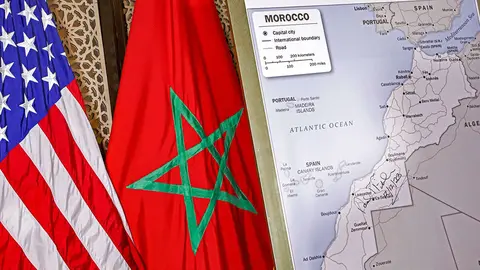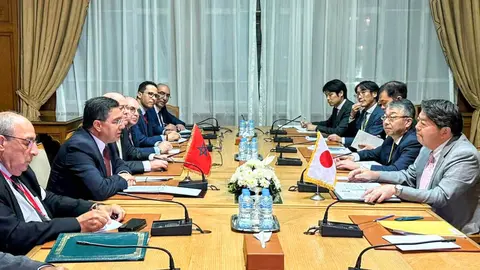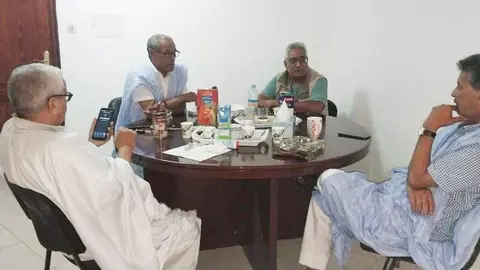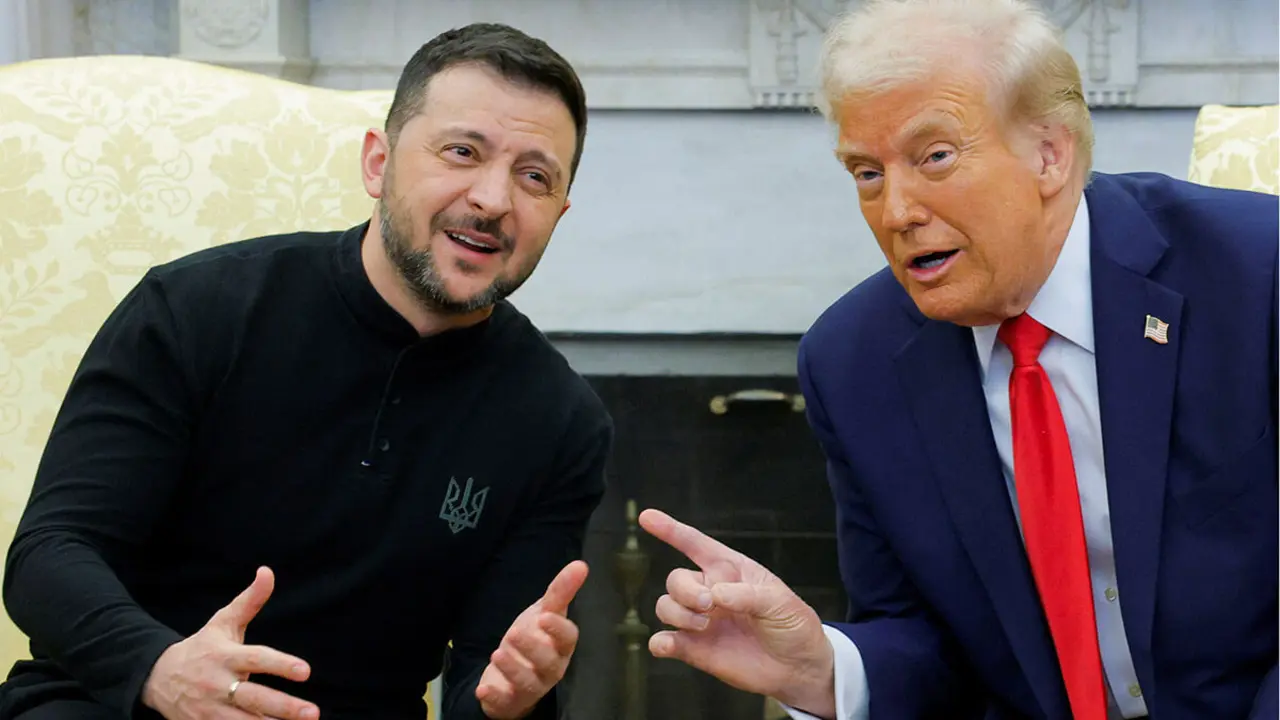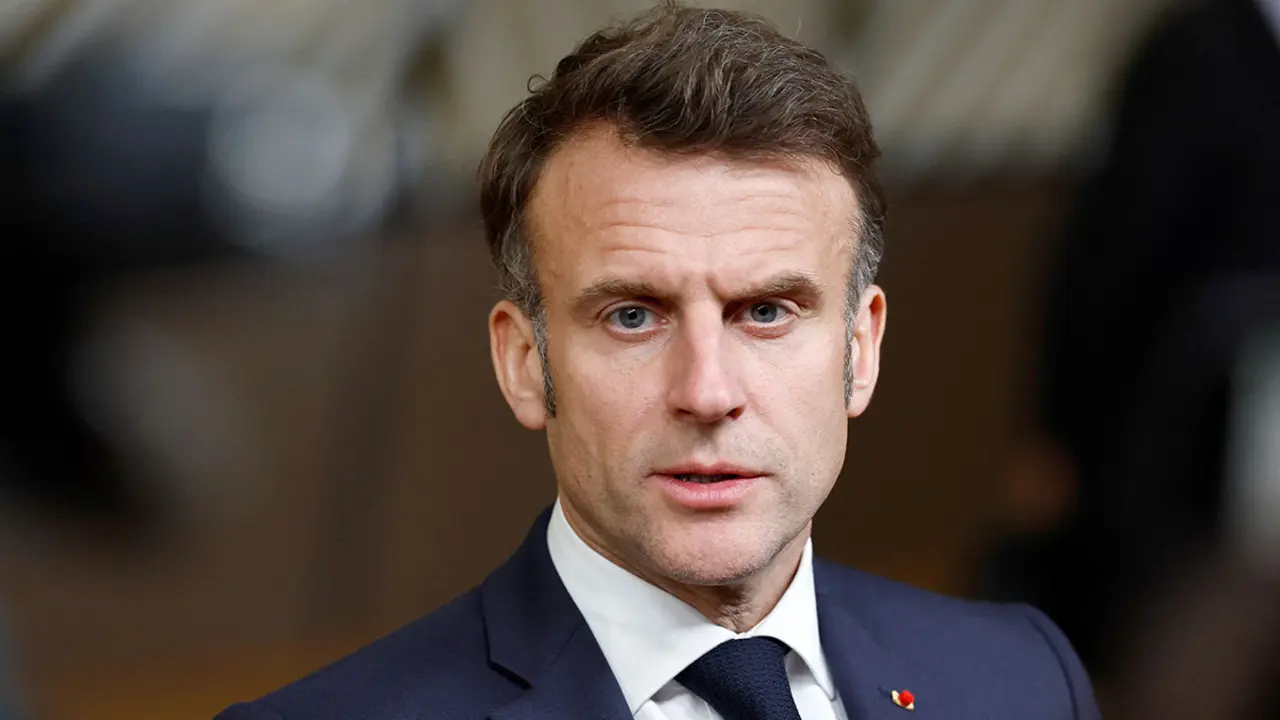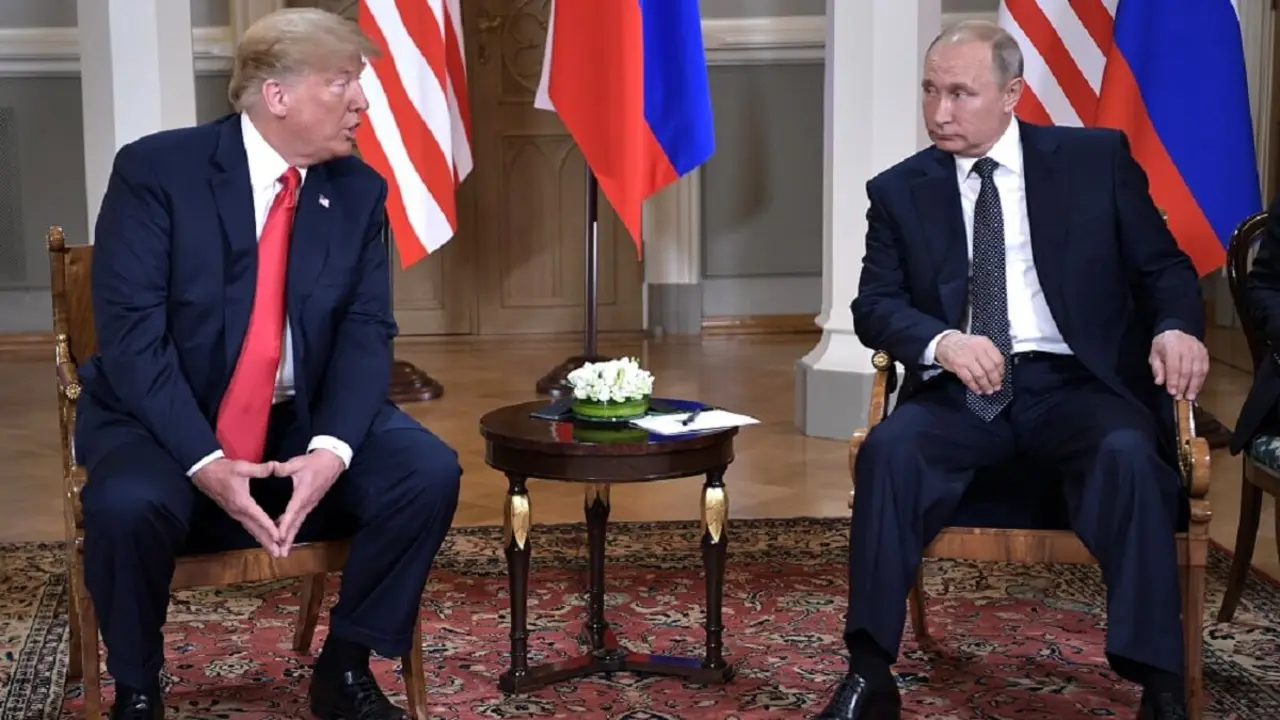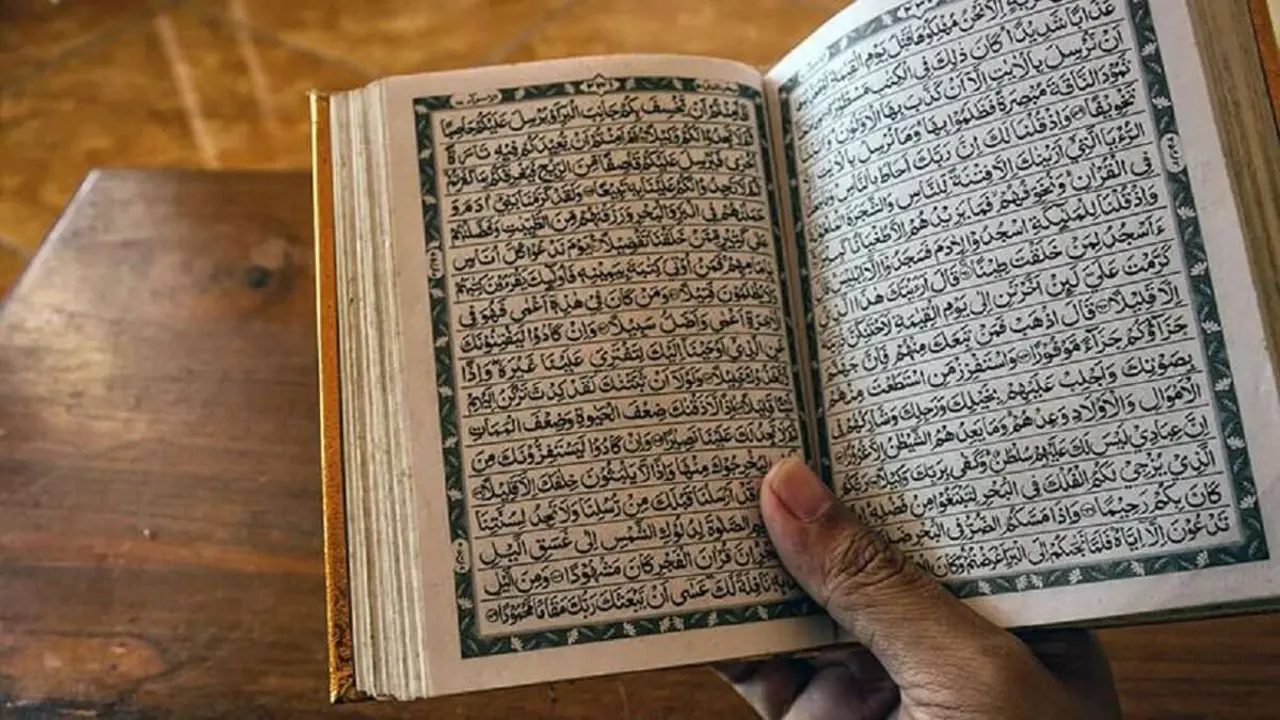The United States reaffirms its support for Morocco's autonomy plan for Western Sahara as "serious, credible and realistic"

The United States has again shown its strong support for Morocco's autonomy plan for Western Sahara as the most "serious, credible and realistic", with a potential approach to meeting the aspirations of the Sahrawi people, in order to resolve a conflict that has lasted more than four decades since Spain's departure that ended the colonial era in the area.
This is the message that emerged from the visit of Joshua Harris, US Deputy Assistant Secretary of State for North Africa, to Rabat, where he met with the Moroccan Minister of Foreign Affairs, African Cooperation and Moroccans Residing Abroad, Nasser Bourita.
"The United States continues to view Morocco's autonomy plan as serious, credible and realistic," an official statement from the US Embassy in Rabat said after Joshua Harris' meeting with Nasser Bourita.

The US Deputy Assistant Secretary of State for North Africa and the Moroccan Minister of Foreign Affairs reaffirmed the mutual partnership between the two nations and the enduring support for the UN-led political process in Western Sahara.
The senior US official, who was accompanied by the US Ambassador to Morocco, Puneet Talwar, also 'reaffirmed the deep and historic partnership between the United States and Morocco', as the US Embassy indicated.
Joshua Harris ended in the Moroccan kingdom a regional tour of North Africa that had previously taken him to Algeria, where he met with officials of the Polisario Front and the Algerian state and visited the refugee camps in Tindouf, which house Saharawis who are living in very difficult conditions under the responsibility of the Polisario and Algerian authorities.

On this trip, the senior US official reaffirmed support for Staffan de Mistura, the UN Secretary-General's personal envoy for Western Sahara, and stressed the importance of working with the UN official in a spirit of realism and compromise as he intensifies his efforts to achieve a lasting and dignified political solution to the Saharawi dispute. De Mistura has recently developed important contacts with the parties involved in the issue, including Morocco, Algeria, Mauritania and members of the so-called 'Group of Friends', including Spain, the United States, Russia, the United Kingdom and France, with a view to finding a solution to the existing problem.
Morocco proposes for Western Sahara a formula of broad autonomy under Moroccan sovereignty that envisages a large degree of self-government for the Saharawis, reserving security and foreign policy powers for the Moroccan state, all while respecting UN resolutions. This initiative has received much international support from countries such as the United States, Israel, the United Arab Emirates, Germany and Spain, which consider it to be the most serious, credible and realistic way of resolving the problem of the territory.
On the other hand, the Polisario Front, supported by Algeria, Morocco's great political rival in the Maghreb, advocates holding a referendum on independence for the Sahrawi people, which has less support on the international stage and is difficult to implement due to various problems such as the electoral roll, according to various analysts.

Strong US-Moroccan relationship
The US diplomat demonstrated US appreciation for Morocco's critical efforts on a wide range of regional and global challenges, especially combating instability in the Sahel, supporting Libyan elections and promoting equitable measures of freedom, security and prosperity for Israelis and Palestinians, as the US Embassy in Rabat and the Kingdom of Morocco's Department of Foreign Affairs also officially noted.
🇲🇦-🇺🇸| Le Sous-Secrétaire Adjoint américain pour l'Afrique du Nord, M. Joshua Harris, a réaffirmé, aujourd’hui à Rabat, le soutien des Etats-Unis au Plan d'Autonomie au Sahara comme étant sérieux, crédible et réaliste.https://t.co/phnlB5MGyp pic.twitter.com/tSpDqXYnuQ
— Maroc Diplomatie 🇲🇦 (@MarocDiplomatie) September 7, 2023
The latter is a very relevant issue in the Palestinian-Israeli conflict, especially in the wake of the Abraham Accords, signed in September 2020, under which several Arab countries such as the United Arab Emirates and Bahrain established diplomatic ties with Israel with a view to pacifying and developing the Middle East region in all aspects. In December of that year, Donald Trump's US government recognised the Moroccan status of Western Sahara in exchange for Morocco also intensifying bilateral relations with the Israeli state in the wake of the Abraham Accords. A stance that has been maintained under the current US administration of Joe Biden, as was once again made clear by Joshua Harris's visit to Rabat.
America Coordinator: José Antonio Sierra.

